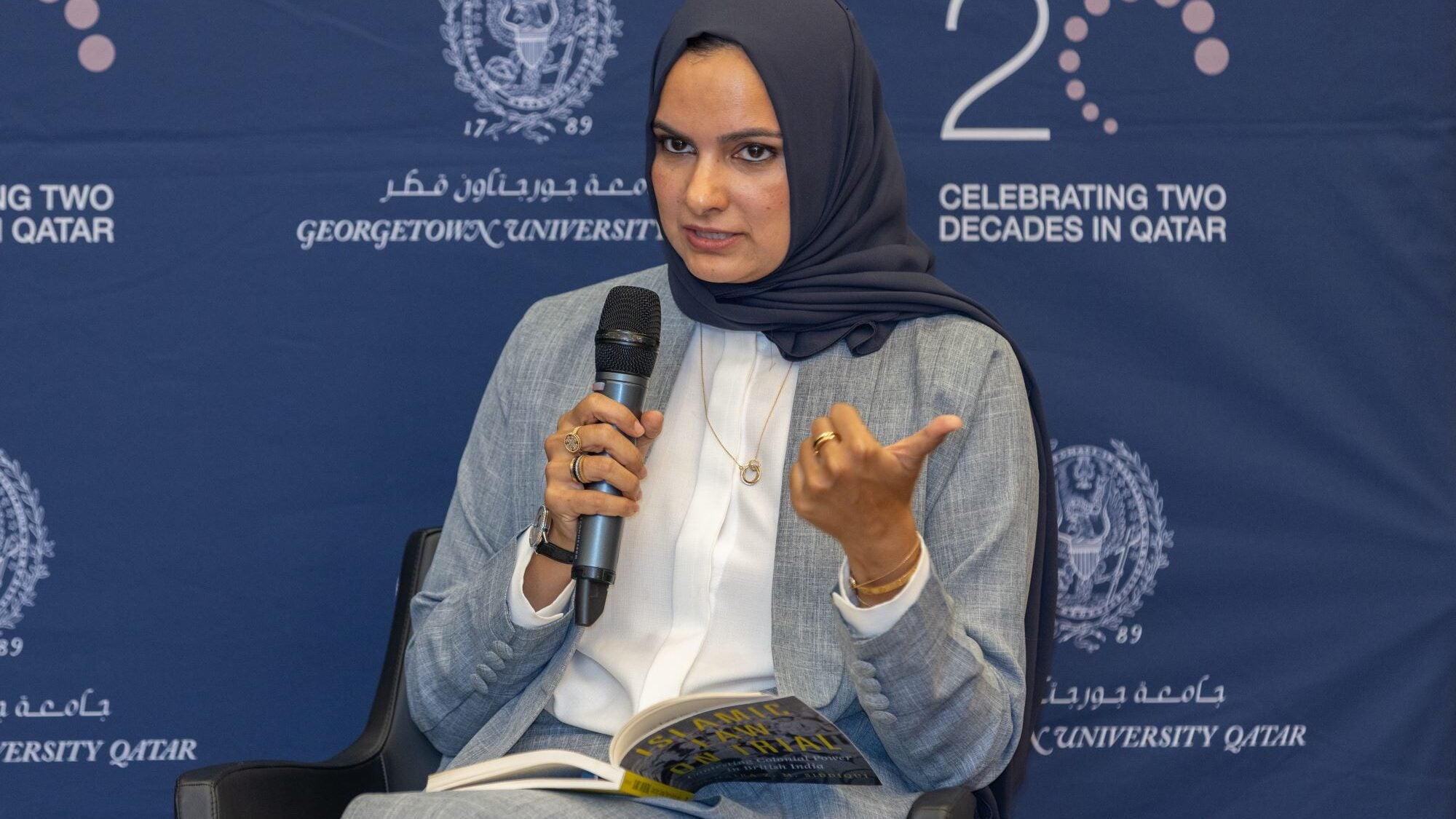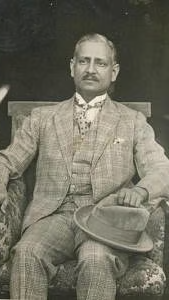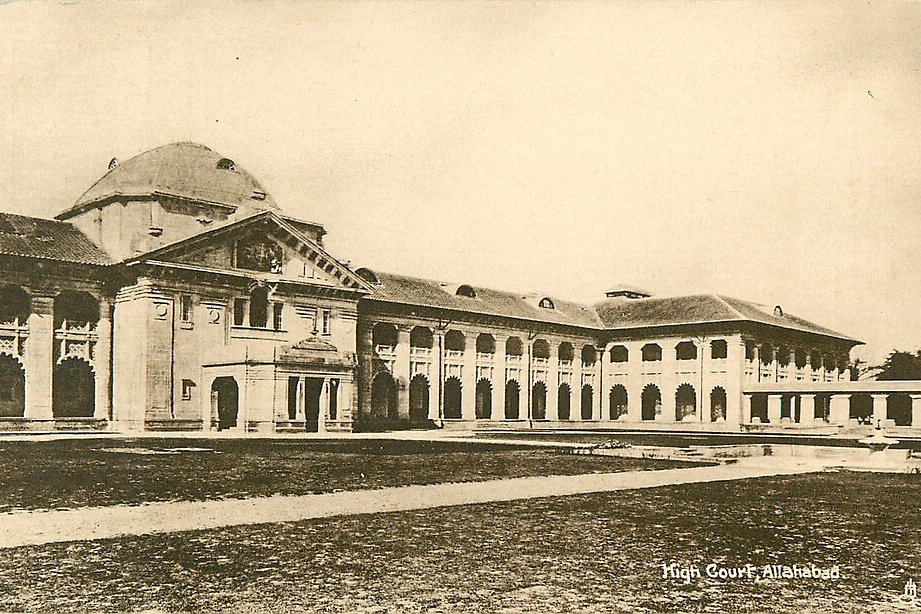New Book Reveals Islamic Law Wasn’t Erased Under the British Raj—It Fought Back
Think colonialism wiped out Islamic law in India? Think again.
In her provocative new book, Islamic Law on Trial: Contesting Colonial Power in British India (University of California Press, 2025), Associate Professor Sohaira Siddiqui uncovers a hidden history that flips the script on everything we thought we knew about colonial law.
Despite being confined by colonial rules of engagement, Muslim judges, lawyers, and jurists in British India found ways to bend, challenge, and even reshape the colonial system from the inside.
“It’s not a story of destruction; Islamic law is arguably the most resilient legal system in human history, existing continuously since the 7th century,” explains Dr. Siddiqui, whose previous work covered 11th to 14th century legal history.
“This book traces the gradual displacement of Islamic Law, and how communities ensured its survival in new forms.”

Dr. Siddiqui speaking at GU-Q Launch Event for her book
Set against the drama of the East India Company’s rise, the 1857 Rebellion, and the British push to dominate Indian courts, Islamic Law on Trial shows how colonial law was a battlefield where legal traditions collided and ultimately reshaped each other, with impact on contemporary Muslim society.

Justice Shah Muhammad Sulaiman, first Indian Chief Justice of the Allahabad High Court. Photo credit: Frontline

Postcard Photograph of the High Court at Allahabad, India, a colonial court building. Image from Catalogue No. 893 of TuckDB Postcards, 1922
“I was often surprised by how many of today’s debates mirror those of the colonial period,” said Dr. Siddiqui, who spent years studying court archives, colonial archives in the UK, the Indian National Archives, and madrasa and university collections across cities like Delhi, Bombay, and Allahabad. “Many questions Muslims asked then are still being asked today in contexts of military, cultural, or social occupation.”

Her work doesn’t just recover the past; it speaks directly to urgent questions about pluralism and authority, by knitting together disparate disciplines of legal history, South Asian history, and Islamic law into a cohesive narrative. Additionally, her engagement with Urdu sources along with Arabic and English records allows new insight into biographical reconstructions and legal debates.
Already hailed by leading scholars as “monumental,” “brilliant,” and “transformative,” the book has been called “the most innovative and illuminating study of Anglo-Muhammadan law to date,” and is being taught in classrooms including at Yale, Princeton, NYU, and universities in Qatar.
Classroom Applications
The research has also transformed her own classroom at GU-Q, where she will be teaching a class on Islamic Law and Coloniality, and in her role as Executive Director of Al-Mujadilah: Mosque and Center for Women, where she seeks to highlight the role of women in contemporary Muslim society.
“You can’t understand this region—or much of the post-colonial world—without understanding the deeply embedded legacy of colonialism,” she explains. Whether she is teaching international affairs students the history of the region, or encouraging research on contemporary Islamic society, she remains committed to history as a source of renewal and growth.
“I’ve found that students here—many of whom come from post-colonial societies—connect deeply with this material, it resonates with their lived experiences. My aim is to continue to shed light on the modern era, and encourage my students to reread history with a critical eye, finding new narratives that can inspire them to construct a more just and equitable future for the world.”